In the summer of 1955, J. R. R. Tolkien wrote a letter to W. H. Auden telling of his surprise while working on The Lord of the Rings: “I met a lot of things along the way that astonished me.”
The letter is available online. This feeling, that the characters in a novel can come to carry such powerful voices on their own as to have influence over both the plot and the author, is one shared by many novelists. Perhaps this phenomenon is most evident in the writing of Fyodor Dostoevsky. Russian literary critic Mikhail Bakhtin comments that Dostoevsky writes in such a way that it is “as if the character were not an object of authorial discourse, but rather a fully valid, autonomous carrier of his own individual world.”Mikhail Bakhtin, Problems of Dostoevsky’s Poetics, trans. Caryl Emerson (Minneapolis: University of Minnesota Press, 1984), 5. He continues further:
A plurality of independent and unmerged voices and consciousnesses, a genuine polyphony of fully valid voices is in fact the chief characteristic of Dostoevsky’s novels. . . . This design, as it were, predestines the character for freedom (a relative freedom, of course), and incorporates him as such into the strict and carefully calculated plan of the whole.Ibid., 6. Emphasis original.
This reality raises fascinating questions about the integrity and autonomy of the characters and the foreknowledge and control of the author. And while literary critics continue to discuss Dostoevsky’s polyphonic novel, some theologians are asking analogous questions about God’s relationship to the world he created, the book of nature over which he stands as Author.
Divine Action and the Autonomy of Creation
One such theologian is Jordan Wessling, an incoming member of the Creation Project’s Henry Resident Fellowship community. In the 2019–2020 academic year,Some theologians are asking analogous questions about God’s relationship to the world he created, the book of nature over which he stands as Author. Wessling will come to Trinity’s campus in order to research divine action in light of modern science—his project is titled “Divine Action and the Autonomy of Creation.” The aim of his project will be to defend an autonomous creation view, one that has recently gained some traction among theologians in response to scientific data which suggests a “chancy and indeterministic understanding of the natural world,” as Wessling puts it.
Modern scientific findings demonstrate that the world contains an indeterminacy at the quantum level which factors into the process of biological evolution, allowing genetic mutations to occur without any deterministic cause. Put simply, certain processes within the natural world seem to be at least partially chance-laden. Wessling writes:
Accordingly, the eventual character of creation cannot be predicted by an exhaustive knowledge of its initial states, such that if we could rewind the history of our universe and play it again, it’s highly likely that the cosmos would manifest a different shape and that very different kinds of creatures would emerge.
On Wessling’s account, some have taken the indeterminacy of the world as evidence against the existence of God, while others have argued to the contrary that God’s existence calls such an understanding of the world into question.In the former case, see, e.g., Jacques Monod, Chance and Necessity (New York: Vintage Books, 1972) and Quentin Smith in William Lane Craig and Quentin Smith, Atheism, Theism, and Big Bang Cosmology (New York: Oxford University Press, 1993); for an example of the latter, see R. C. Sproul, Not a Chance: The Myth of Chance in Modern Science (Grand Rapids: Baker Books, 1994), cf. Alvin Plantinga, Where the Conflict Really Lies: Science, Religion, and Naturalism (New York: Oxford University Press, 2011), pp. 11-13. The autonomous creation view, which Wessling is advocating for, stands between these two extremes, attempting to allow modern scientific data to be appropriately heard while at the same time considering classical conceptions of the God-world relation. Wessling explains:
On this autonomous creation view, God doesn’t determine the precise shape of creation, nor what exactly comes to exist within it. . . . Rather, God sets-up a system that can unfold in various ways, and while God interacts with this creation in important respects, God more or less lets creation unravel as the stochastic processes happen to steer things.
The goal of the project, according to Wessling, is to “advance one predominant way of thinking about God’s creation by theologians engaged in the science-religion dialogue.”
What about Providence? What of Foreknowledge?
Most theological objections to this autonomous creation view arise out of suspicions concerning the way it intersects with classical affirmations of divine providence and foreknowledge. After all, words like autonomy can give the sense that creation stands outside, independent of God’s providential care.Most theological objections to this autonomous creation view arise out of suspicions concerning the way it intersects with classical affirmations of divine providence and foreknowledge. And if so much of what the natural world has come to be is merely a product of chance, did God know the outcome beforehand? Wessling concedes, “I admit that there is some cause for concern here. Traditionally-minded theologians are right to be suspicious of conceptions of the God-world relation that seem radically new and would potentially require a systematic rethinking of that relation.” But he does insist that any augmentation to the doctrine of providence “need not be as radical as it first appears (especially if God enjoys middle knowledge).”Here, Wessling cites Del Ratzsch, “Design, Chance, & Theistic Evolution,” in Mere Creation: Science, Faith, & Intelligent Design, ed. William A. Dembski (Downers Grove, IL: InterVarsity Press, 1998), 289–312.
As for providence, Wessling notes that many of the same theologians who express worry about the autonomous creation view “are comfortable with the idea that God grants a measure of autonomy to some of his creation.” For instance, the widely-accepted free will defense against the problem of evil is largely built on the idea that God gives rational creatures “a significant degree of autonomy.” Wessling claims that his proposal, then, is not as drastic as it might seem at first—in his project, he is expanding on notions related to creaturely autonomy and applying them to the natural world as a whole.
Concerning foreknowledge, Wessling argues that the autonomous view of creation does not require substantial revision if, for instance, one supposes that God possesses middle knowledge. The doctrine of middle knowledge, first developed by the Spanish Jesuit Luis de Molina, refers to God’s knowledge of counterfactuals of freedom. In other words, God knows every truth that would be the case if various states of affairs were to obtain, since he knows what free creatures would do if certain conditions came to be.See Linda Trinkaus Zagzebski, “Recent Work on Divine Foreknowledge and Free Will,” in The Oxford Handbook of Free Will, ed. Robert Kane (Oxford: Oxford University Press, 2002), 45–64. This is relevant for Wessling’s project as it follows that God “knows prior to his decision to create which events would emerge from specific indeterministic sequences” and therefore that “God has the resources to get more or less all the details he wants, even if the world develops via autonomous means.”
Faith, Science, and Chance
Aware of the possible objections and concerns, Wessling remains confident that his project will helpfully provide more resources for thinking through what an autonomous creation would entail—he sees the view as promising and worthy of further exploration. “I do not say that the creation we inhabit is in fact autonomous, only that it might be, and if it should turn out to be, it wouldn’t be a threat to the Christian faith.”Perhaps we would always be predestined for freedom, again incorporated into the carefully calculated, even if chancy, plan of the whole. Having already published on the autonomy of creation, he will be working on several journal articles during his time at the Henry Center, anticipating a later, book-length project on the same subject. As he puts it, “This project grows out of a concern to enhance understanding of the Christian faith in light of the deliverances of the modern sciences, and vice versa.” Jordan Wessling will find himself in good company as a Henry Resident Fellow, surrounded by other evangelical scholars at the Creation Project who share that same concern.
Who knows what would happen if Dostoevsky were to rewrite The Brothers Karamazov from the beginning? Perhaps Alexei would have been born first, or Ivan would have befriended the schoolboys. And who knows what would happen if God were to rewrite his book of nature from the beginning? Perhaps we would always be predestined for freedom, again incorporated into the carefully calculated, even if chancy, plan of the whole.
2019-2020 Henry Resident Fellows
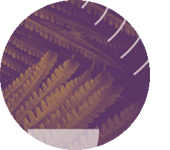 |
Henry Fellows Announced Theme Year: Divine Action, Contingency, and Modern Science |
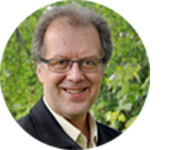 |
Craig Bartholomew Director, Kirby Laing Institute for Christian Ethics Project: “Creation, Divine Action, the Old Testament, and Modern Science” |
 |
Craig Keener Professor of Biblical Studies, Asbury Theological Seminary Project: “The Credibility of Special Divine Action in Mark’s Gospel and Today” |
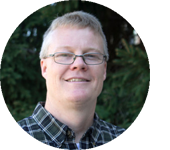 |
Brian Matz Endowed Chair in Catholic Thought, Fontbonne University Project: “Divine Action and Contingency in a Little-Known Medieval Debate over Foreknowledge” |
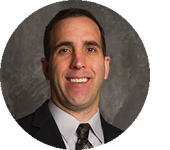 |
Paul Gould Founder and President, Two Tasks Institute Project: “Neo-Aristotelian Accounts of Divine Creation” |
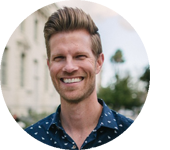 |
Jordan Wessling Curriculum Development Specialist and Adjunct Instructor, Fuller Theological Seminary Project: “Divine Action and the Autonomy of Creation” |
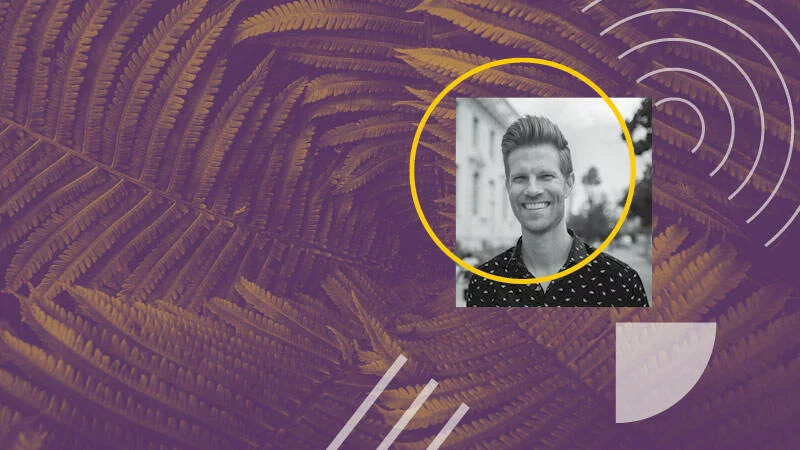
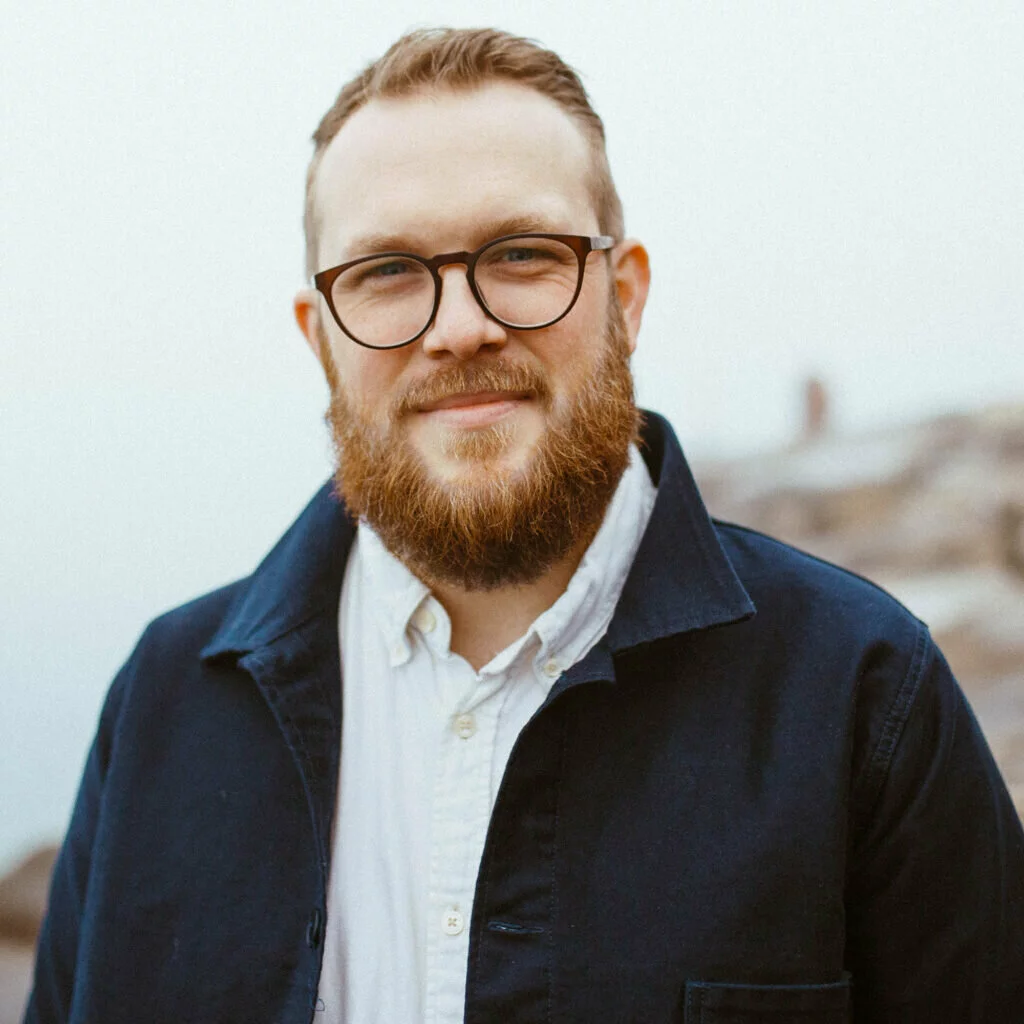


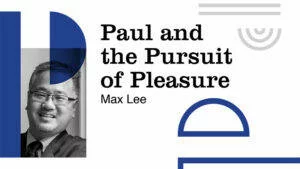

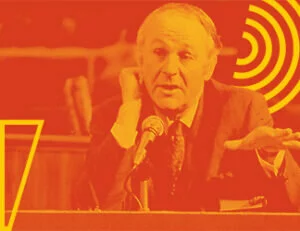
Comments
Be the first one to make a comment!